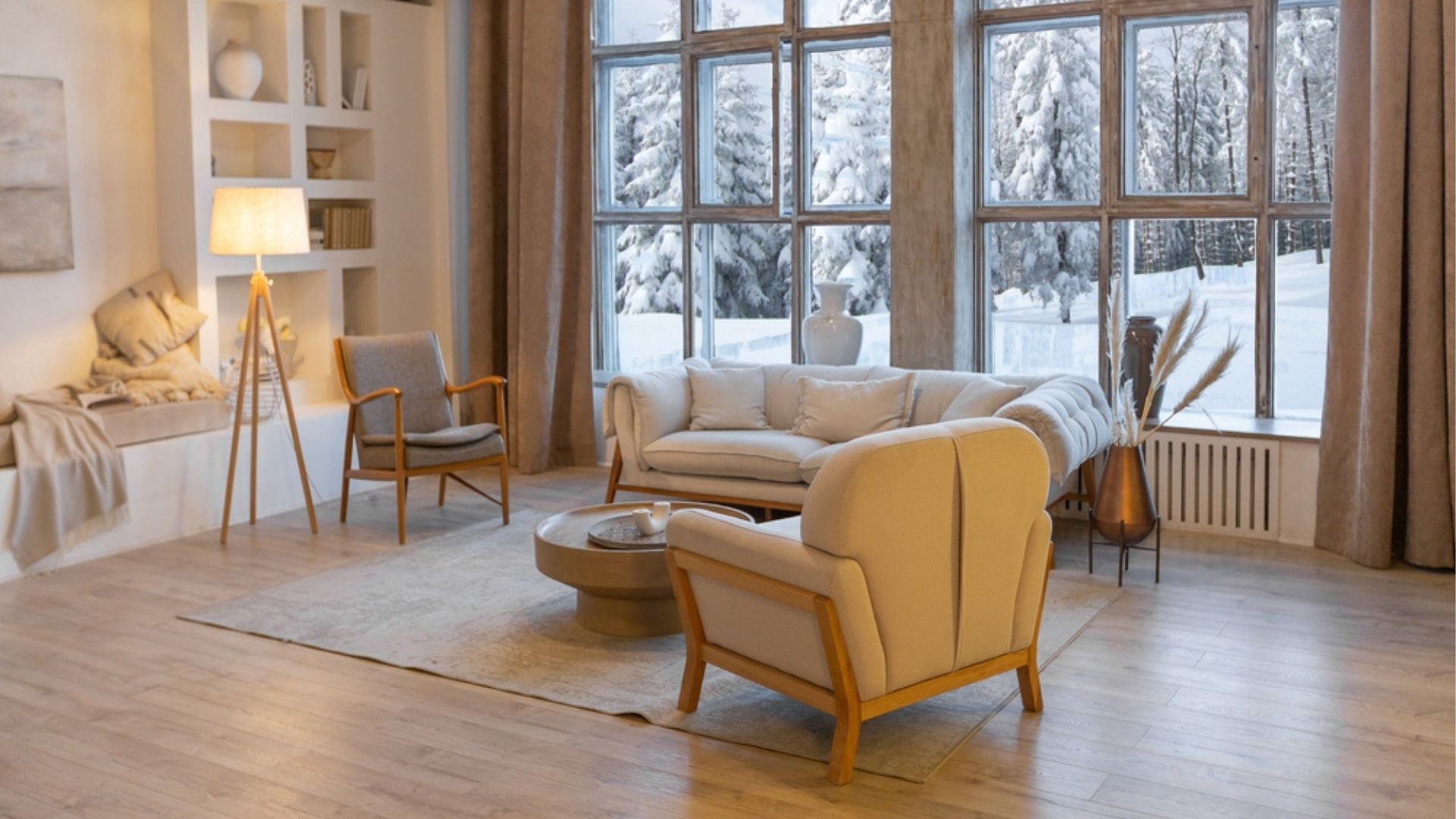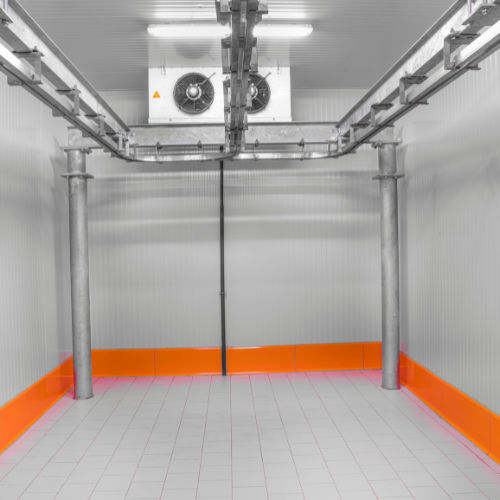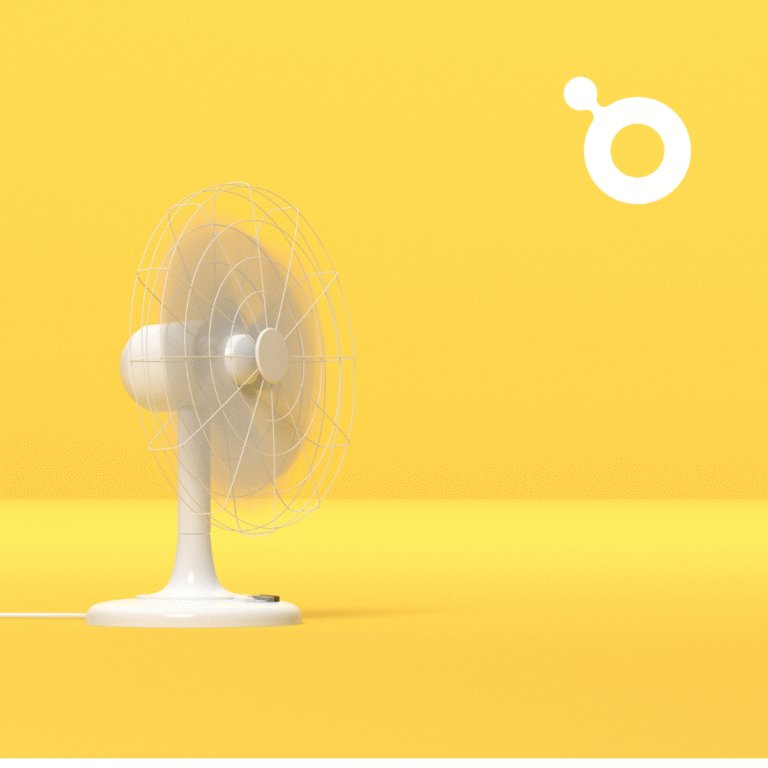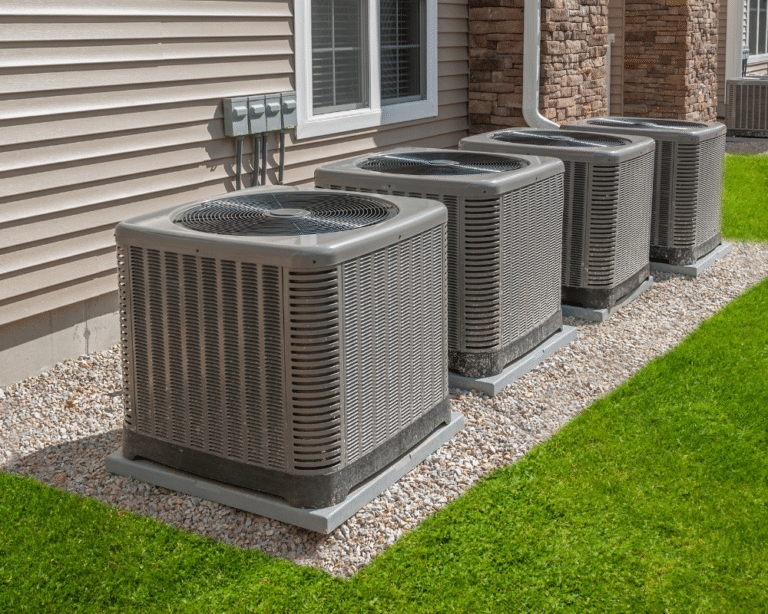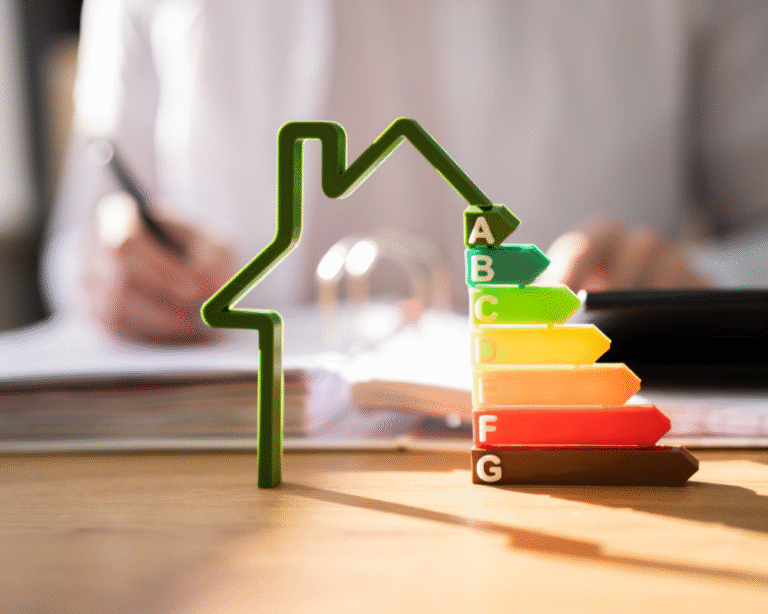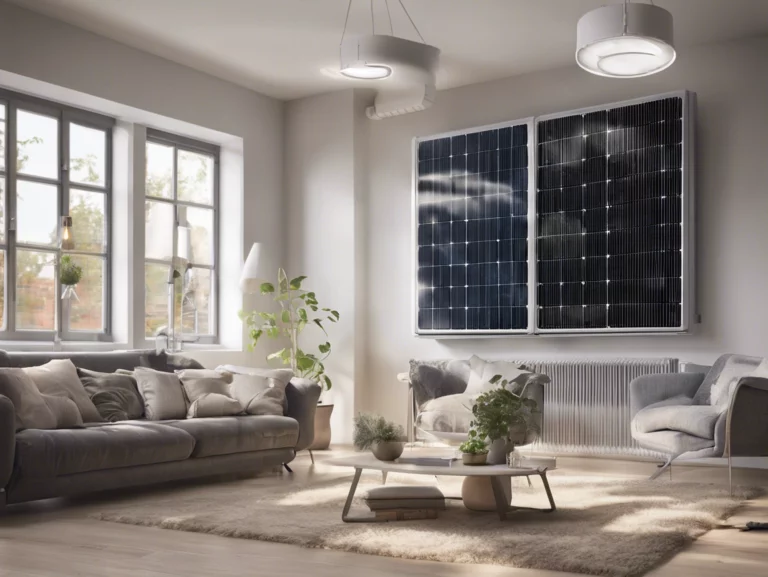Air conditioning is often associated with cooling down your home during the hot summer months, but did you know that it can also be an effective heating solution during the colder winter months? Modern air conditioning systems, particularly heat pumps, are designed to offer both cooling and heating capabilities, making them a versatile year-round solution for maintaining a comfortable indoor climate. In this blog post, we’ll explore how air conditioning can keep you warm in winter and offer tips on how to maximise the efficiency of your system throughout the year.
1. Understanding Heat Pumps: The Dual-Purpose Solution
Most air conditioning systems today are equipped with heat pump technology, which allows them to reverse the direction of refrigerant flow. This means the same system that cools your home in the summer can also warm it up during the winter. In heating mode, the air conditioner extracts heat from the outside air (even when it’s cold) and transfers it indoors, providing an energy-efficient way to heat your home.
Heat pumps are particularly effective in milder climates, like the UK’s, where winter temperatures rarely drop below freezing. They are efficient at extracting heat from the air, even in colder weather, and can maintain comfortable indoor temperatures without using gas or traditional heating methods.
2. Energy-Efficiency in Winter
One of the biggest advantages of using your air conditioning system for heating in winter is its energy efficiency. Compared to traditional electric heaters or gas-fired central heating systems, heat pumps use significantly less energy to produce the same amount of heat. This is because they transfer heat rather than generate it, which makes them a more sustainable and cost-effective solution for home heating.
In fact, for every unit of electricity a heat pump consumes, it can produce up to three to four units of heat. This makes heat pumps far more efficient than conventional electric heaters, which only provide one unit of heat per unit of electricity used. If you’re looking to lower your energy bills during the winter, utilising your air conditioning system as a heat pump is a smart way to do so.
3. Setting the Right Temperature for Comfort
To maximise the heating efficiency of your air conditioning system during winter, it’s important to set the thermostat at an optimal temperature. The ideal temperature for most people during winter is between 18°C and 21°C. Setting the thermostat too high can result in unnecessary energy consumption, while setting it too low may not provide the comfort you need.
Many modern air conditioning units come with smart thermostat features that allow you to programme and adjust the temperature from your phone or remote control. This gives you better control over your indoor climate, ensuring you don’t waste energy heating your home when it’s not needed.
4. Regular Maintenance for Optimal Performance
To ensure that your air conditioning system is running efficiently all year round, it’s essential to perform regular maintenance. During the winter months, check that your system is in good working order by cleaning or replacing the filters, ensuring the coils are free of dust and debris, and confirming that the system is heating your home effectively. Proper maintenance helps extend the lifespan of your unit and ensures it operates at peak performance.
If you use your air conditioning for both heating and cooling, it’s a good idea to have a professional service your system at least once a year to keep it running smoothly. This can prevent breakdowns, improve energy efficiency, and ensure that your air conditioner is providing optimal comfort during both hot and cold weather.
5. Maximising Airflow for Better Heating
Airflow is key to both heating and cooling efficiency. In the winter months, make sure that air vents and registers are unobstructed by furniture, curtains, or other objects. Poor airflow can cause your system to work harder than necessary, leading to increased energy consumption and reduced heating efficiency.
If your air conditioning system has a fan mode, use it to circulate warm air more evenly throughout your home. Many systems come with adjustable fan speeds, which allow you to tailor airflow to different rooms. In rooms that tend to feel colder, you can increase the fan speed to improve circulation and warmth.
6. Utilise Zoning for Maximum Comfort
Some advanced air conditioning systems offer zoning capabilities, allowing you to control the temperature in different rooms independently. Zoning is particularly useful if you have rooms that are used less frequently, such as guest rooms or spare bedrooms. Instead of heating the entire house, you can direct the warmth where it’s needed most, ensuring energy isn’t wasted on areas that don’t require heating.
If your system doesn’t have built-in zoning, you can still use smart thermostats and fans to adjust the temperature in specific areas of your home. This can be especially beneficial in multi-level homes or larger properties where certain areas might be naturally warmer than others.
7. The Benefits of Air Conditioning for Year-Round Comfort
The ability to use one system for both cooling in summer and heating in winter offers significant benefits for homeowners in the UK. Not only does it save on the installation and maintenance of separate heating and cooling units, but it also ensures that you maintain a comfortable indoor environment throughout the year, regardless of the season.
By choosing an air conditioning system with heat pump functionality, you get the added benefit of a versatile, energy-efficient solution that adapts to changing weather conditions. This all-in-one system can help maintain indoor comfort during the unpredictable British weather, from sweltering summer days to chilly winter evenings.
8. When to Consider Alternative Heating Sources
While air conditioning can be a great option for heating your home in the winter, there may be times when it’s not the most practical solution. For example, if temperatures regularly dip below freezing or if you live in an area with extreme winter conditions, you may need to supplement your heating with other systems like underfloor heating or a gas boiler.
It’s also important to keep in mind that while heat pumps are highly efficient, they may take longer to warm up your home compared to a traditional gas heating system. If you need rapid heating on particularly cold days, you might consider using additional heating methods until the air conditioning system reaches the desired temperature.
Conclusion: Maximise Your Air Conditioning for Year-Round Comfort
Air conditioning systems, particularly those with heat pump functionality, offer an effective and energy-efficient way to maintain a comfortable home throughout the year. Whether you’re cooling your home in the summer or warming it up during the winter, modern air conditioning systems can meet both needs, helping to reduce energy costs and increase overall comfort.
To get the most out of your air conditioning system, ensure regular maintenance, optimise airflow, and set your thermostat to the ideal temperature. By using your air conditioner efficiently during both the warmer and colder months, you can enjoy a consistently comfortable home all year long.
Get an instant air conditioning quote HERE.
